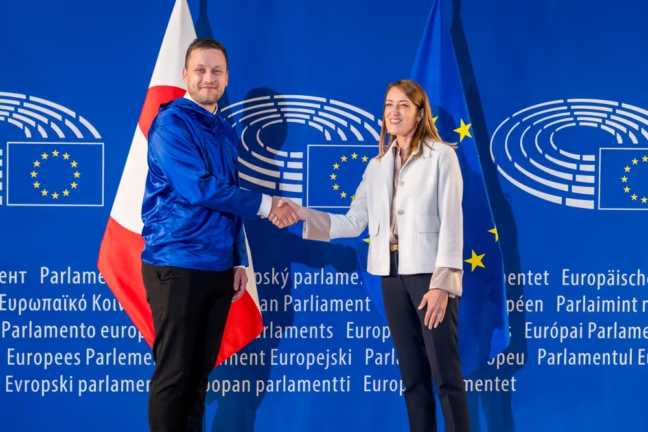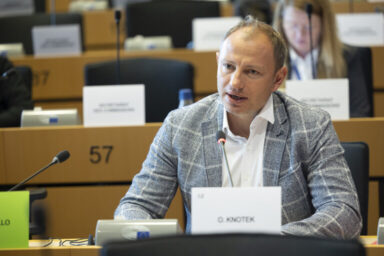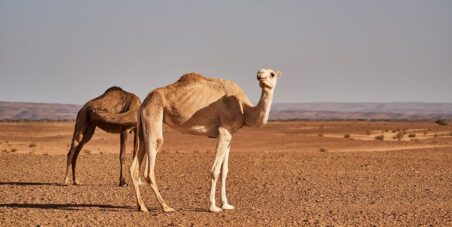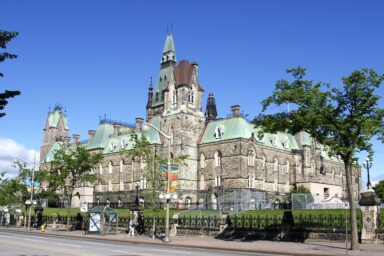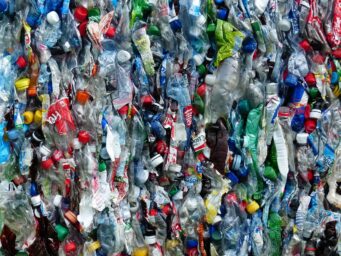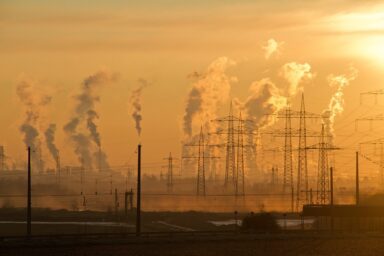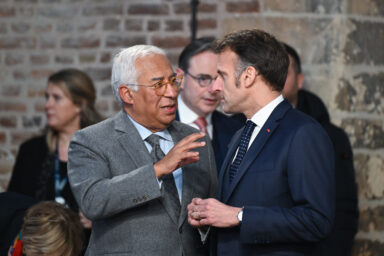Relations between Greenland and the EU have great potential and must be built on fairness and mutual respect, said Jens-Frederik Nielsen, Prime Minister of Greenland, during his address to the European Parliament’s Plenary Session. Although he mentioned the security threats Greenland faces, he refrained from naming specific actors — including US President Donald Trump.
October 8, 2025, will go down in history as the day when the Prime Minister of Greenland spoke in the European Parliament for the first time. Jens-Frederik Nielsen appeared before lawmakers in casual attire — a rich blue athletic-style top instead of a formal suit, and his speech was greeted—indeed interrupted several times—by strong applause.
Significant, but untapped potential
In his speech to MEPs, the prime minister focused primarily on opportunities for future cooperation between the EU and Greenland. He mentioned, for example, that 24 of a total of 34 types of so-called rare minerals have been detected so far in Greenland. These are raw materials in which the EU has a keen interest.
Greenland has the potential to become one of the world’s largest exporters of clean energy. — Jens-Frederik Nielsen, Prime Minister of Greenland
Mr Nielsen also mentioned opportunities for closer cooperation in the energy sector. “Thanks to hydroelectric power, Greenland has the potential to become one of the world’s largest exporters of clean energy,” he said. He also expressed his gratitude for the ongoing cooperation in the fields of education, healthcare, and science.
No mention of Trump
As far as security is concerned, Greenland’s prime minister repeatedly mentioned ’uncertainty’ and ’security threats’ saying that he values fair cooperation with the EU. This was an obvious reference to the United States and its president, Donald Trump—whom Mr Nielsen did not mention by name.
After Donald Trump had begun his second term in January 2025, he stated several times that he could not rule out an American annexation of the strategically important island. Consequently, Greenland has found itself at the centre of geopolitical tensions between the United States and Europe. Both Greenlandic and Danish authorities have continuously stressed that Greenland is ’not for sale’.
Strategic territory coveted by superpowers
Greenland, the world’s largest island, is an autonomous territory in the Kingdom of Denmark. Most of Greenland’s territory is covered by an enormous ice sheet. Only a few people, about 60,000, live on the island, making Greenland one of the least densely populated areas in the world. Recently, however, Greenland has become the subject of interest of the superpowers due to its rich deposits of raw materials, including rare minerals.
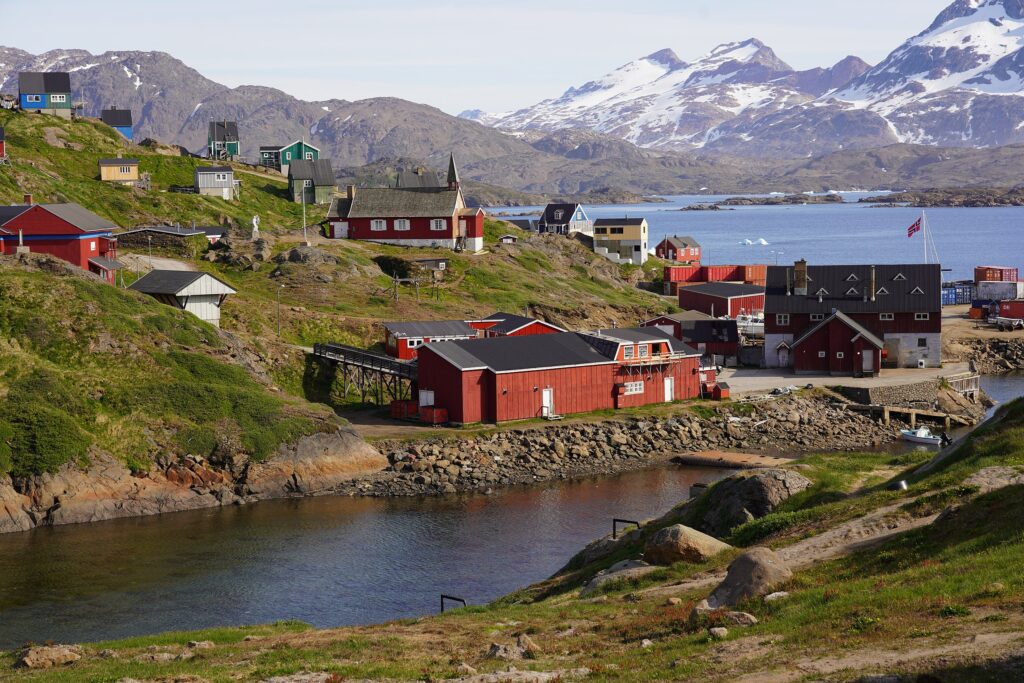
Citizens of Greenland are full citizens of Denmark and of the EU. Greenland is one of the European Union’s Overseas Countries and territories and is part of the Council of Europe.
A referendum held in January 1979 gave Greenland limited autonomy, with its own legislature taking control of some internal policies. The Denmark’s Parliament maintained full control of external policies, security, and natural resources. The powers of the Greenland’s authorities were further strengthened following another referendum in 2009.
